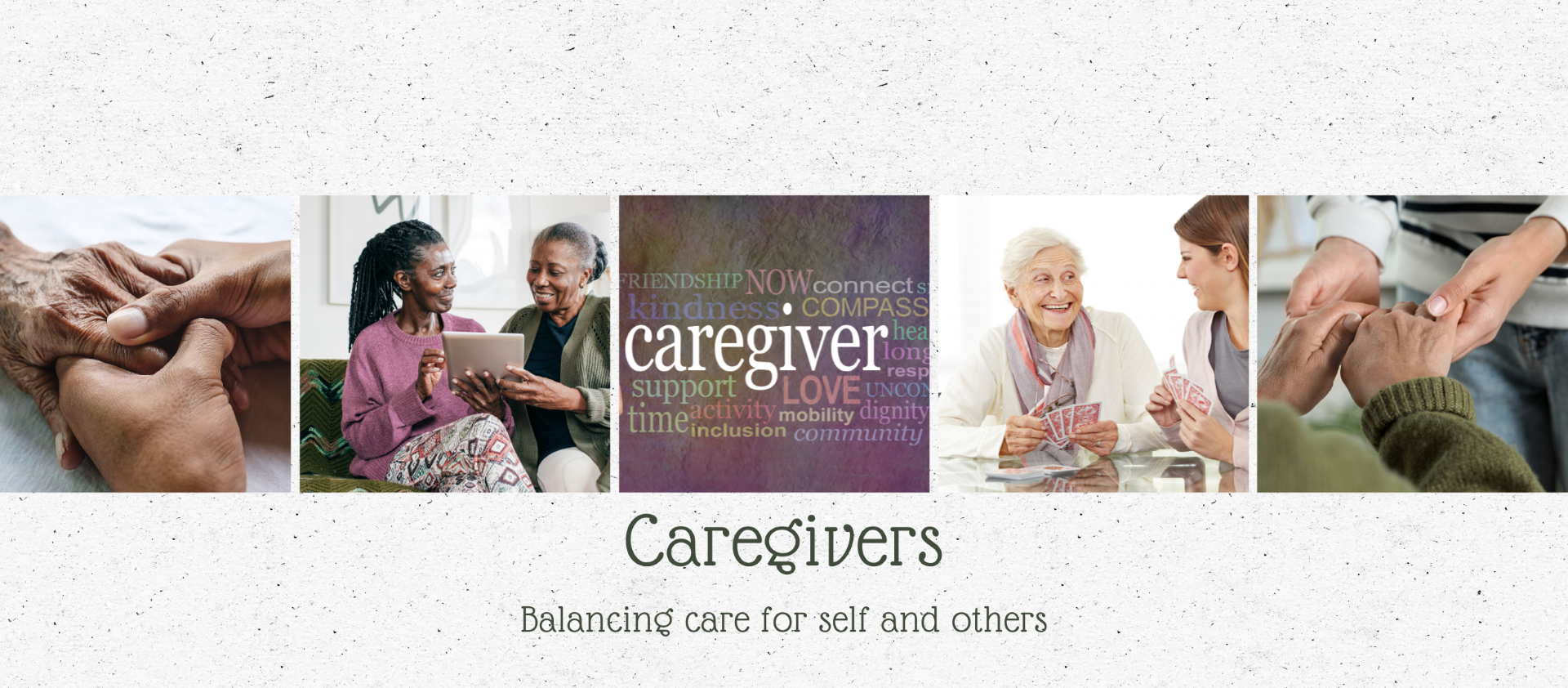
I have worked with many clients who are caregivers of family members who are persons-with-disabilities, or elders who need extra care. I have also published research on caregiving, the links are below.
Caregivers often give much of themselves and face burnout and depletion emotionally, physically, socially and spiritually. Caregivers often forget to care for themselves.
The Ethics of Care and Emotional Labor are important concepts in helping those who are caregiving.
The Ethics of Care was developed as a term by Carol Gilligan (1982) and refers to the moral choices women tend to make, which are relational and focused on connection and the preservation of relationships. This concept was based on her findings that women used moral principles that focused on interdependence, cooperation, responsibility and the preservation of relationships. In other words, the ethic of care is an approach to making moral decisions which is concerned with the need to care for the vulnerable and effects of decisions on relationships.
Hochschild’s (1983) work with the use of emotion in occupations led her to propose the idea of “emotional labor,” which she defines as the effort one takes to have the “right” feeling for the job and to induce the “right” feeling in certain others. Hochschild (1983) differentiated emotional labor from emotion work stating that emotional labor was done for paid work, while emotion work was considered to be undertaken in ‘a private context.’
Resource
Here is a resource on Caregiver Burnout from Caring.com that maybe be helpful if you are a caregiver:
Caregiver support guide: https://www.caring.com/caregivers/burnout/.
Research on Caregiving:
I was co-author on this paper:
Caregiving as Ministry: Perceptions of African Americans Providing Care for Elders.
Abstract: This Caregiver article provides qualitative findings from a community-based, mixed-method study of African American caregivers of elders. Using constant comparative analysis of 21 in-depth interviews, investigators explored the reciprocal, interactive influence between caregiving and religion or spirituality. Findings suggested that participants perceived their approach to care as a personal ministry. Analysis of the core category of Caregiving as Ministry identified four characteristics of the participant’s care approach: (a) caregiving is an honor and a blessing, (b) caregiving is my identity, (c) caregiving is sustained by a personal relationship with God, and (d) caregiving is a higher calling from God. The article concludes with three implications for direct and community-based social work practice.
More information on this paper is available here: https://journals.sagepub.com/doi/10.1606/1044-3894.2014.95.7.
My dissertation reviewed caregiver burdens with family member with dementia including physical, social emotional and financial, and focused on what helped the caregivers to give care, and was entitled: The Lived Experience and Meaning of the ‘Source of Caring’ in the Lives of Caregivers of Family Members with Alzheimer’s and Other Dementias
Abstract: The Lived Experience and Meaning of the ‘Source of Caring’ in the Lives of Caregivers of Family Members with Alzheimer’s and Other Dementias.
There are over 15 million people providing unpaid care for someone in their lives with Alzheimer’s or another dementia. Unpaid family caregivers provide 80% of care for Alzheimer’s patients. Forty-three percent give care for up to four years and up to two- thirds of these caregivers are women (Alzheimer’s Association, 2013, 2015). Caregiver burdens include the loss of the care recipient’s personhood, loss of recognition of the caregiver by the care recipient, difficulty balancing self-care and sacrifice, and financial difficulties related to the hours of unpaid work (Caron and Bowers, 2003; Dewing, 2008; Family Caregiver Alliance: National Center on Caregiving 2005, 2012; Gallant and McConnell, 1997; Kittay, 1999; Kitwood, 1997).This qualitative interpretive phenomenological study was focused on the lived experience of nine female family caregivers’ of dementia patients, and an exploration of processes through which they engaged and sustained caring feelings for the family member. Additionally, the study explored their ability to continue giving physical and emotional care over a long period of time, including through the placement of the family member in a facility. This analysis led to an exploration of the social construction of caring work and of care for the aging. The supra-ordinate phenomenological theme that emerged in this study was that of shaping experience/protecting relationships. The data revealed the caregivers make efforts to manage the care recipient’s experience with the goal of avoiding damage to the relationship due to the need to take away the care recipient’s independence. Within this over-arching theme, are the eight themes: emotion work, ego holding, emotional exhaustion, emotional self-care, the source of caring, intersubjectivity, personhood, and perspectives on caregiving. Explicit, implicit, and existential expressions of spirituality were identified in the data. In addition, the caregiver’s lack of concern for themselves, and their focus on the care for the care recipient, provide confirmation for the developmental stages of the ethic of care, and suggest that caregivers may need support to move to more balanced levels of self-care. The findings of this study suggest that caregivers are engaged in a nuanced process of care that involves much interpersonal effort that has not been previously recognized.
